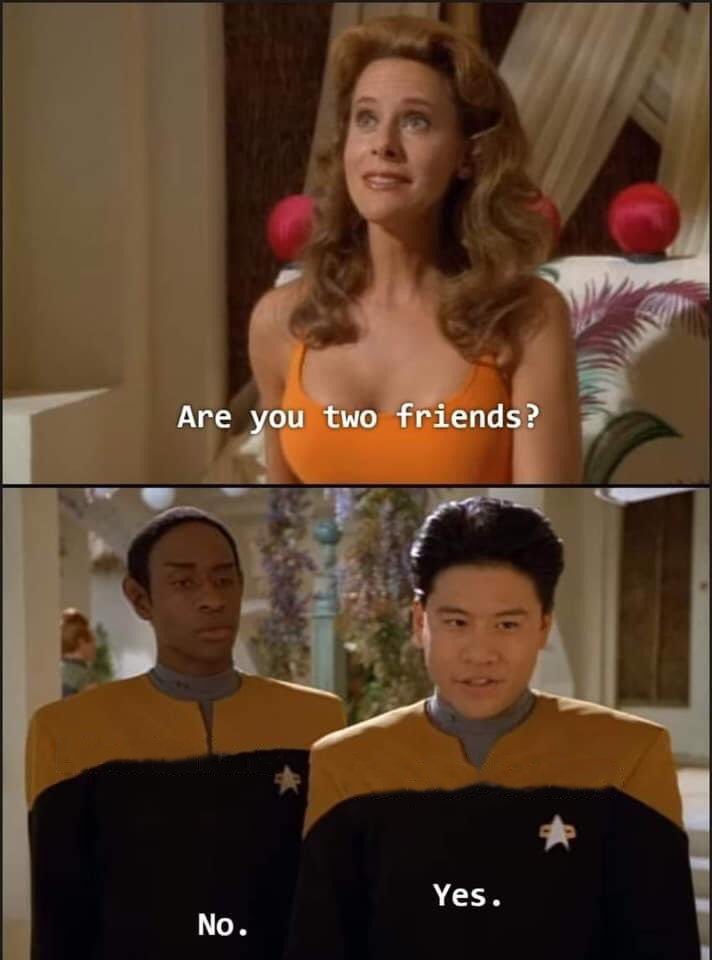The major Abrahamic religions have the same root and have had a heavy influence on most of the world. This is largely due to the Roman empire and it’s successors adopting and spreading Christianity in Europe and the Muslim caliphates spreading Islam through the Middle East and Africa.
Further east, Hinduism is the largest polytheistic religion and features a number of prominent goddesses. Though Hinduism has a lot of variety and the exact deities and their genders change depending on the adherents.
Buddhism, Taoism, and Confucianism don’t really focus on any deities.
Those are the most widespread religions, many others were eradicated or sidelined by European imperialism. Out of those left, many are animist religions, believing in spirits that can be a variety of genders.
Some classical polytheistic religions are still practiced today. They usually have some major goddesses in the mix.
If you go back to ancient Mesopotamia, Inanna/Ishtar is the head of her pantheon.
And Jainism has infinitely many gods, they just aren’t that important, from what I gather.
Background
YHWH (“Yahweh”) was the storm god of the Canaanite pantheon that was likely referred to as the “host” or “council” in the Old Testament book of Job. El was the “father” god or head of that pantheon. When gendered in the text, both El and YHWH were male, but are technically considered genderless. Some have speculated that the Shekhinah represents an expression of the feminine aspect of YHWH, but no Abrahamic religion officially regards either YHWH or El as gendered.
Judaic tradition championed the storm god YHWH above the other gods, perhaps due to the oral tradition of a storm parting the Sea of Reeds (Red Sea) described in Exodus. Other gods in the pantheon came to be regarded as pagan/false, and their worship was considered idolatry (religious infidelity) but the older religious traditions proved difficult to stamp out, with numerous examples of the Israelites turning to the old gods and being punished for it.
One such instance in the book of Hosea (echoed in Isaiah and Jeremiah) detailed an old tradition of offering “sacred raisin cakes” and “flagons of wine” to an unnamed god.
That god was almost certainly Asherah, aka Ishtar, Esther, “Queen of Heaven,” and “She of the Womb” in different surviving tablets. She is named many times in the Hebrew text, more often than Ba’al, another prominent god of the Canaanite pantheon.
Asherah was a fertility goddess, the wife of El, and sister to YHWH (sometimes consort; pantheons are often pro-incest). Asherah’s religious tradition featured the baking of raisin cakes in the shape of her body and the pouring of wine into the earth, matching the traditions described in the Hebrew text.
So to answer your question, while none of the Abrahamic religions officially worship a god with an exclusive female gender identity, their holy books technically do recognize at least one goddess, and that’s Asherah.
BONUS: her raisin cakes are still made in the Jewish tradition during Purim, though they are now triangular, contain various fillings, and are named after Haman, the villain of Esther’s story. They’re quite good.
Especially Christains and Muslims. Is there a prominent female god that as big as the other two
Technically, Christian, Jewish, and Muslim worship the same “God”. And have a big corpus of common texts and prophet (at the point the Koran talks a lot about Jesus) their religious differences are mostly about “interpretation” but they have way more similiarities than conservative of either religion like to admit
the trick is that the big block of Abrahamic monotheism is like the major monotheist religion. Then you have various polytheist pantheon having a mother earth figure but I don’t know them enough to know how major/female would be amateratsu or patchamama Neo-Pagan also tend to worship a Godess However, it’s a kind of made-up underground religion more than a major traditional one.
Btw, Christians, Muslims and Jews worship the exact same God.
What about Alanis Moresette?
You mean all anus moresette
Heretic!
I see you’re not a fan of letter Kenny



